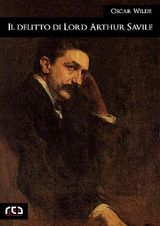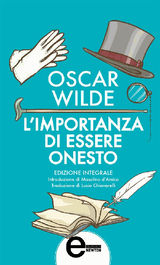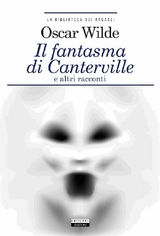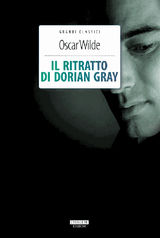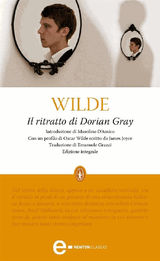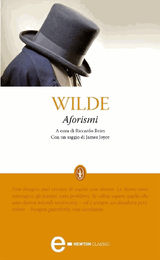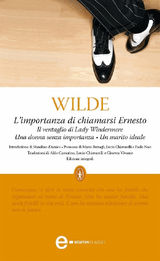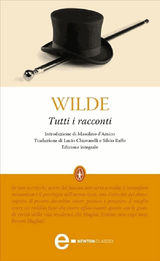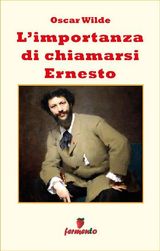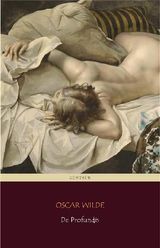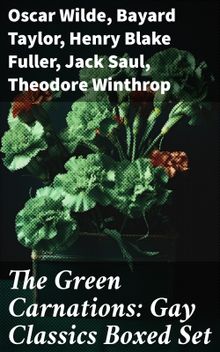
The Green Carnations: Gay Classics Boxed Set
Por Henry Blake Fuller, Jack Saul, Harlan Cozad McIntosh, Petronius, Bayard Taylor, Oscar Wilde, Theodore Winthrop

| Formato: | EPUB |
| Disponibilidad: | Descarga inmediata |
Sinopsis
The Green Carnations: Gay Classics Boxed Set offers readers an intricate tapestry of narratives, essays, and reflections that delve deeply into LGBTQ+ themes throughout literary history. This collection brings together a rich array of voices, exploring diverse literary styles ranging from the incisive satire of Oscar Wilde to the classical narrative complexities found in Petronius. Each piece resonates with its own interpretation of identity, queer culture, and societal critique, contributing significantly to the anthology'Äôs overarching themes of self-discovery, love in its many forms, and the courage of living one's truth. With contributions from revered authors like Bayard Taylor, Henry Blake Fuller, Jack Saul, and more, the collection embodies the spirit of literary movements that have commented on and shaped queer identity over centuries. The editors have curated a selection that not only pays homage to the historical struggles and triumphs of the LGBTQ+ community but also aligns with pivotal cultural and literary discourses, such as the aesthetic movement and early modernism. These authors offer a blend of perspectives that span different cultural contexts, creating a mosaic that enhances the reader's appreciation of the thematic depths underpinning queer literature. This anthology is an essential read for those seeking to explore the multiplicity of LGBTQ+ narratives through the lens of various literary traditions. It presents an invaluable opportunity for readers to encounter a plethora of voices and styles within a single volume, providing educational insight and fostering meaningful dialogue. Whether for academic study or personal enlightenment, The Green Carnations aims to broaden the understanding of queer themes and their impact on both literature and society at large.
Theodore Winthrop
Datos del libro
- Editorial:
- Good Press
- ISBN:
- 8596547785071
- Idioma:
- Inglés
- Tamaño:
- Kb
- Publicado:
- Enero 1, 2023
- Protección:
- DRM

